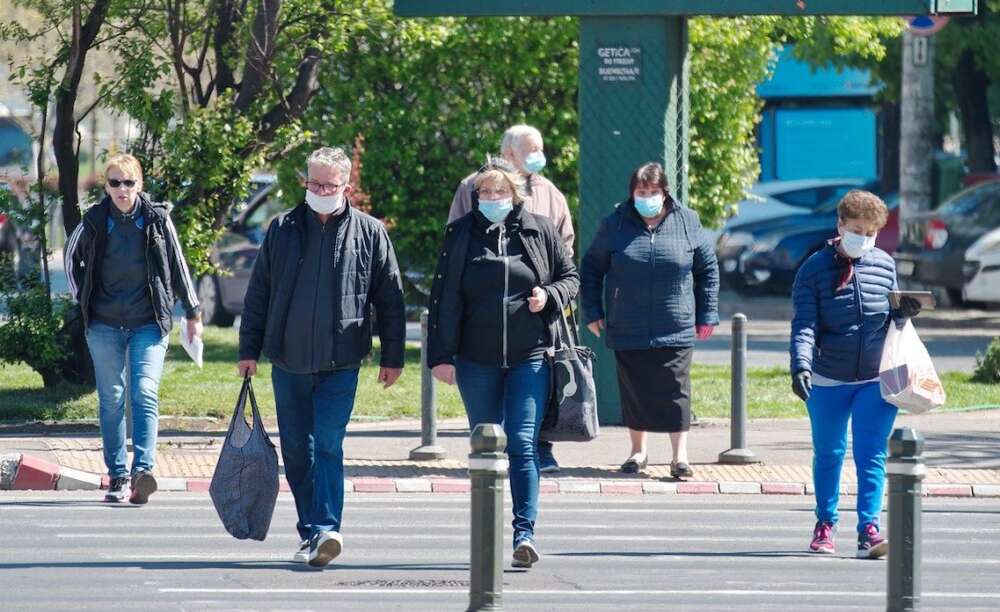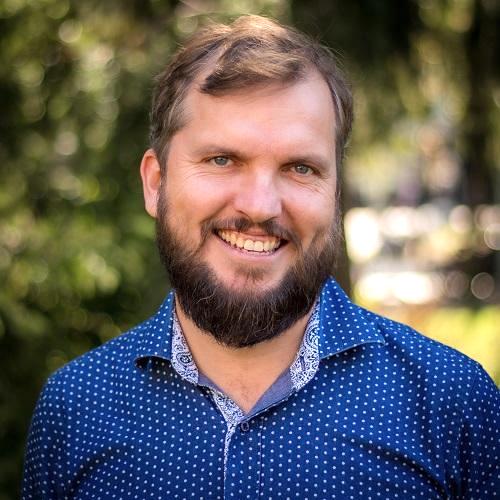
Interacting with strangers in large cities is challenging at the best of times, but how did the lockdowns, mask rules and physical distancing guidelines of COVID-19 pandemic change that?
That’s what University of Guelph sociologist Dr. Mervyn Horgan with the College of Social and Applied Human Sciences (CSAHS) is currently researching along with a team from the U of G Sociable Cities project.
He will present some of his research team’s findings this week at a United Nations Educational Scientific and Cultural Organization (UNESCO) global collloquium called “Social Sciences & The COVID-19 Pandemic: State of knowledge and proposals for action.”
Horgan has long been interested in how people interact in public spaces, particularly in large cities where most people live amongst many strangers. Given that most of the world is urbanizing and moving out of rural areas where they may have known those around them, it’s important to understand how people interact in shared social spaces.

“The general norm that prevails between people in urban public spaces is that we all agree to ignore one another – it’s what we in sociology call ‘civil inattention’,” Horgan explained.
The pandemic changed many of those norms as we were asked to physically distance and wear masks.
Horgan has been researching how that has affected social interaction in cities by conducting interviews with Canadians during the first wave of the pandemic as the initial fear and disruption began, and then again as most of the country moved into the second wave of the pandemic last winter.
The researchers wanted to hear about people’s experiences in public spaces, their interactions with strangers, and how they navigated masking and physical distancing requirements while interacting with strangers in public settings.
In some ways, the new norms facilitated more small interactions, such as when having to navigate tight spaces in stores or outdoor public spaces or deciding who should pass first on a sidewalk.
“The pandemic has provided a pretext for more interaction than was there before,” said Horgan. “What we found is that for many of those we interviewed, these small contacts provided an opportunity to demonstrate care for one another.”
Understanding these interactions can help shine a light on how spaces are used or how they might need to be reconfigured to allow better interactions and enhance wellbeing, particularly as cities become bigger and increasingly dense.
The virtual session, hosted by UNESCO’s Management of Social Transformations (MOST) program, is aimed at exploring the social science research that has been generated around the world since the beginning the pandemic.
The colloquium will include presentations from researchers from 18 countries around the world, where the pandemic has had myriad effects, to offer evidence-based solutions on how to manage the health crisis and inform policy making. Register to attend the virtual colloquium.
Contact:
Dr. Mervyn Horgan
mhorgan@uoguelph.ca